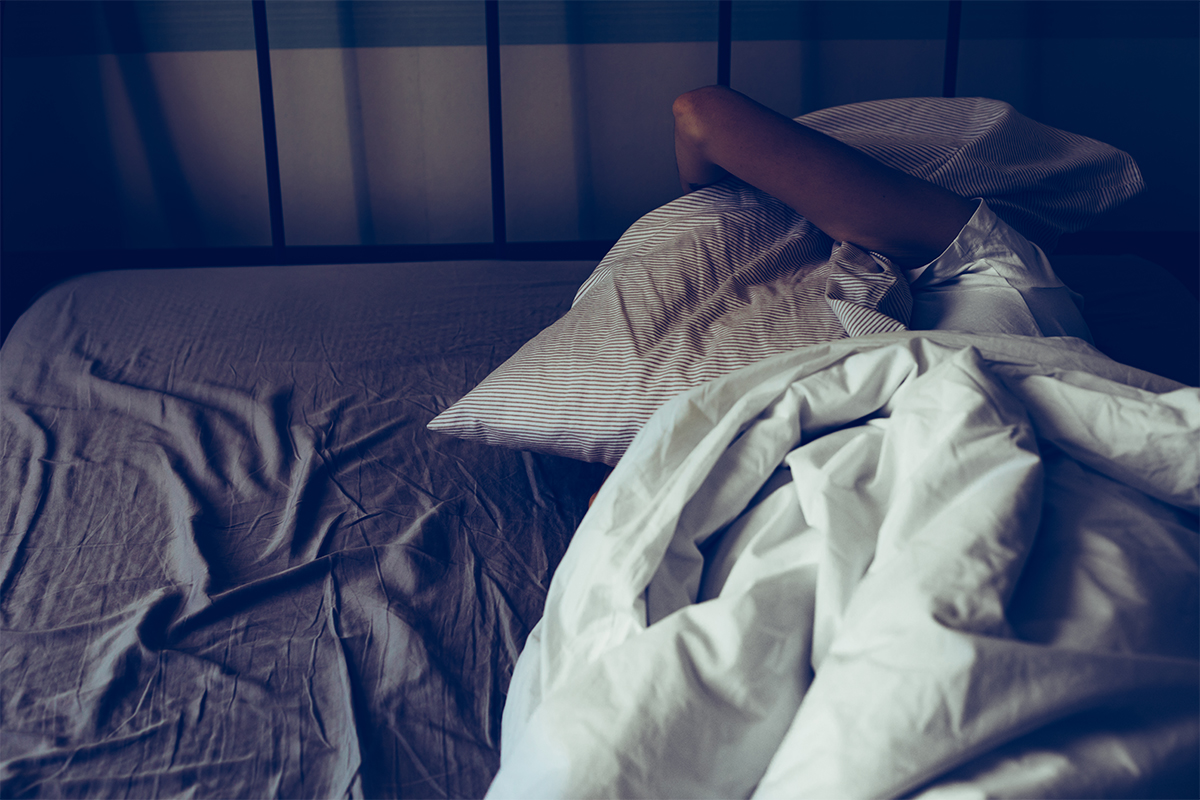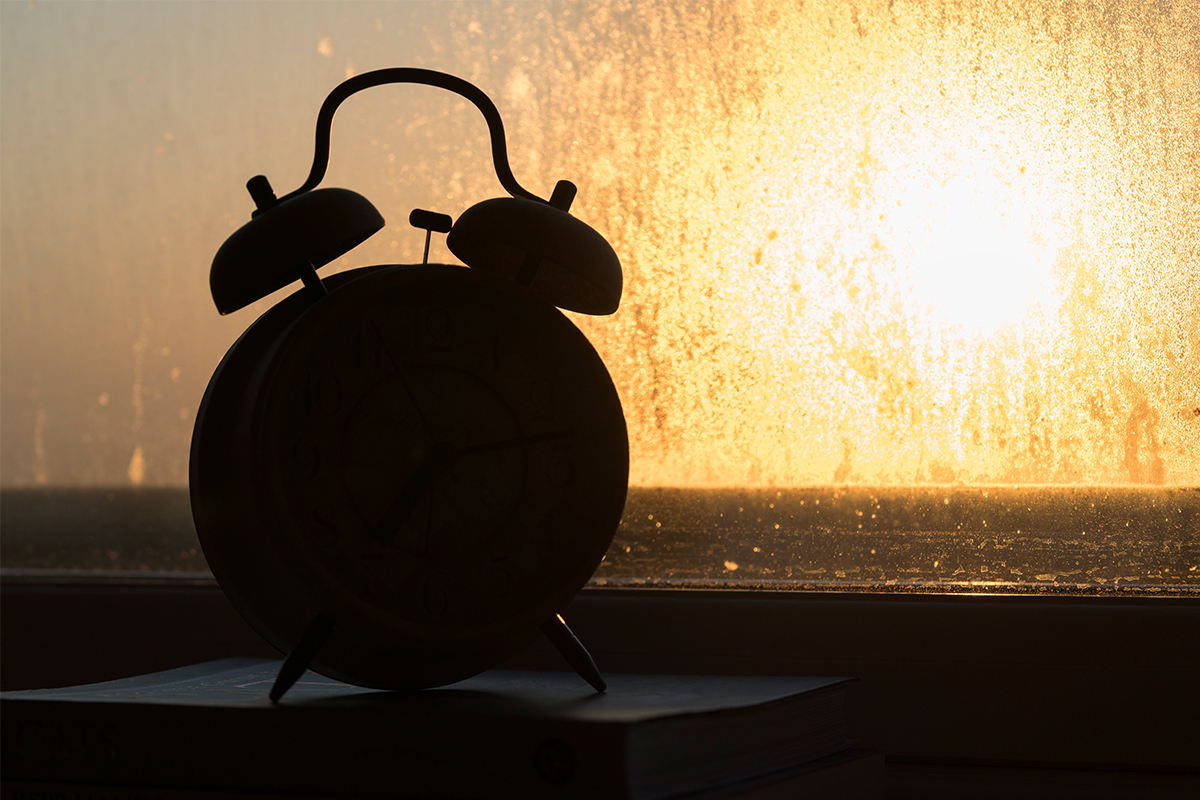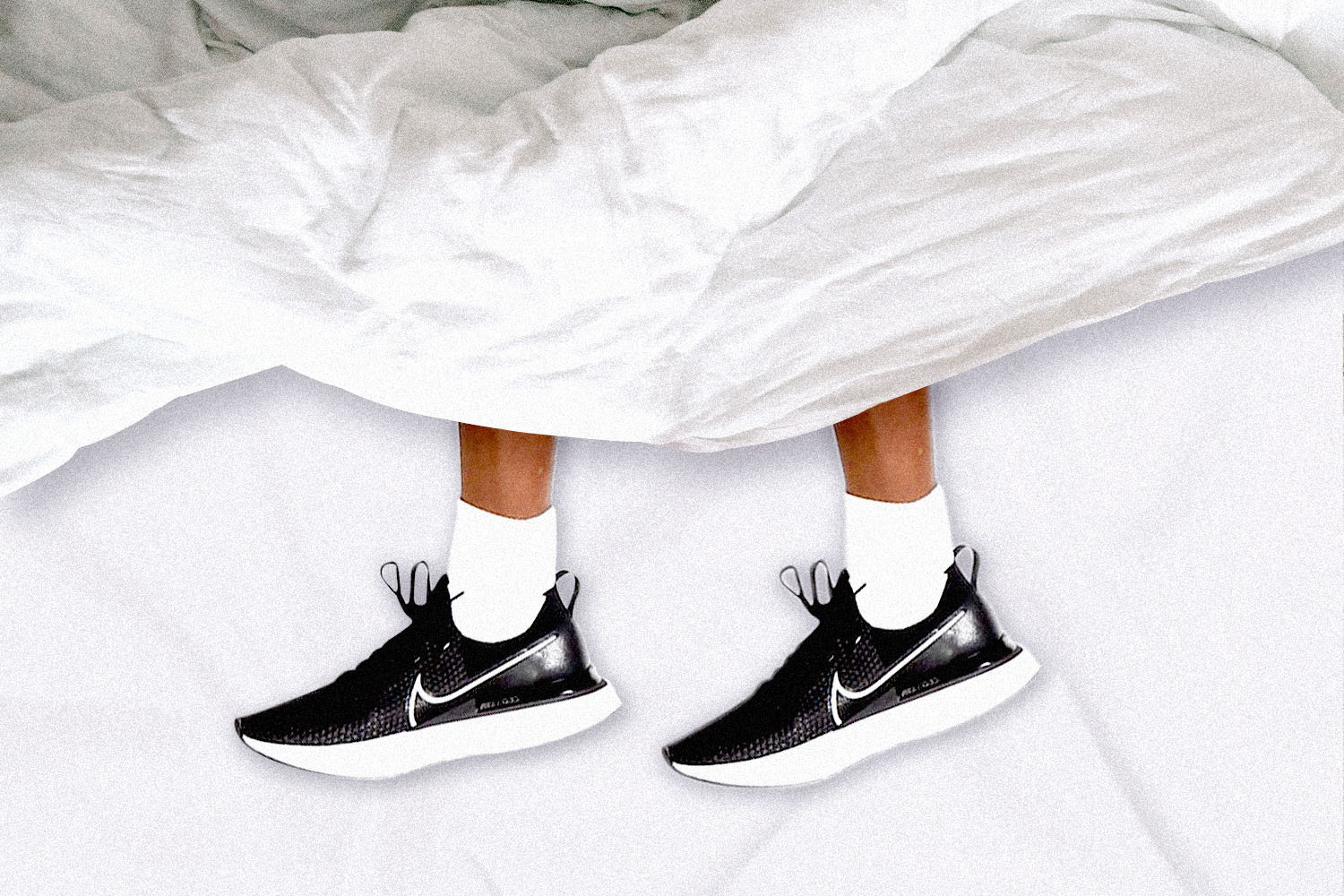The latest wellness wearables are adept at tracking “sleep disturbances” — times during the night where you woke up, for whatever reason. More often than not, these brief departures from dreamland are due to innocuous stimuli: a rustling partner, creaking pipes, dawn streaming through a crack in the blinds. You’re back asleep before you can even process that you’ve woken up, and you likely don’t remember it happening come morning.
But for some people, these wake-ups can occur more frequently, and last longer, too. In a recent profile by The New York Times, one sleep medicine specialist says that those who actually process their “witching hour” wake-ups in real time — and then spend a half-hour more stressing about how to fall back asleep — are likely suffering from chronic insomnia. Once this starts occurring three times a week, over the course of three months, you’ve got a legitimate issue.
The problem is that stress and anxiety activate the sympathetic nervous system, which releases adrenaline, which ups your heart rate. You start thinking about not being able to fall back asleep. You weigh your predicament against all the things you have to accomplish the next day. It can become a self-defeating loop, and one which many eventually respond to by throwing their hands up in surrender. They pull out their phones, they decide they might as well just “start” their days.
But sleep is far too important to just accept a four-hour session and pretend it was a full night. Somnologists recommend having a go-to activity for when these wake-ups occur, preferably in a space different from the bed or bedroom. (The bed should be a sanctum associated only with sleep — don’t let yourself sweat with worry in there, switching positions over and over again until something sticks.) Go stretch, meditate, or read in a comfy armchair. But do not use your phone or turn on the TV. Screens suppress melatonin, which is a crucial hormone for falling asleep.
Otherwise, try to get ahead of unwanted evening disturbances by planning for better sleep during the day. Try not to drink caffeine in the afternoon, avoid midday naps that exceed 20 minutes, limit alcohol intake (which may help you fall asleep, but has a penchant for disrupting sleep), don’t eat late dinners or have midnight snacks, go to bed on an empty-ish bladder, keep a consistent bedtime and wake-up schedule (even on the weekends!) and perform proper sleep hygiene — that’s to say, keep a calm, cool, uncluttered, sleep-only bedroom.
If you can banish technology from the space altogether, all power to you. Check our our analog alarm clocks round-up for help on that front.
The Charge will help you move better, think clearer and stay in the game longer. Subscribe to our wellness newsletter today.


















